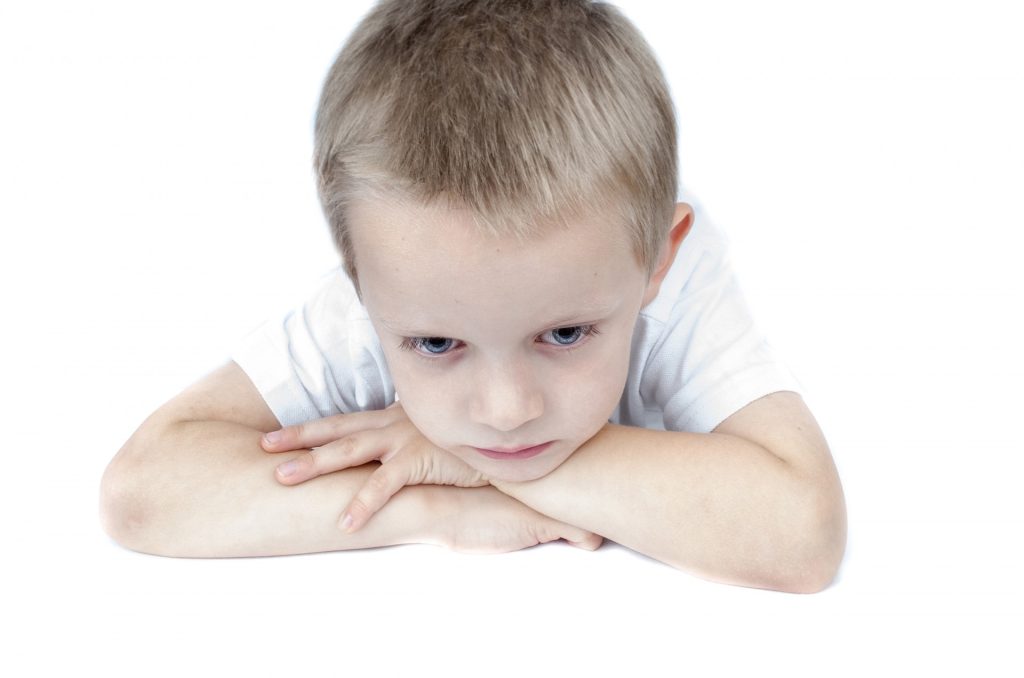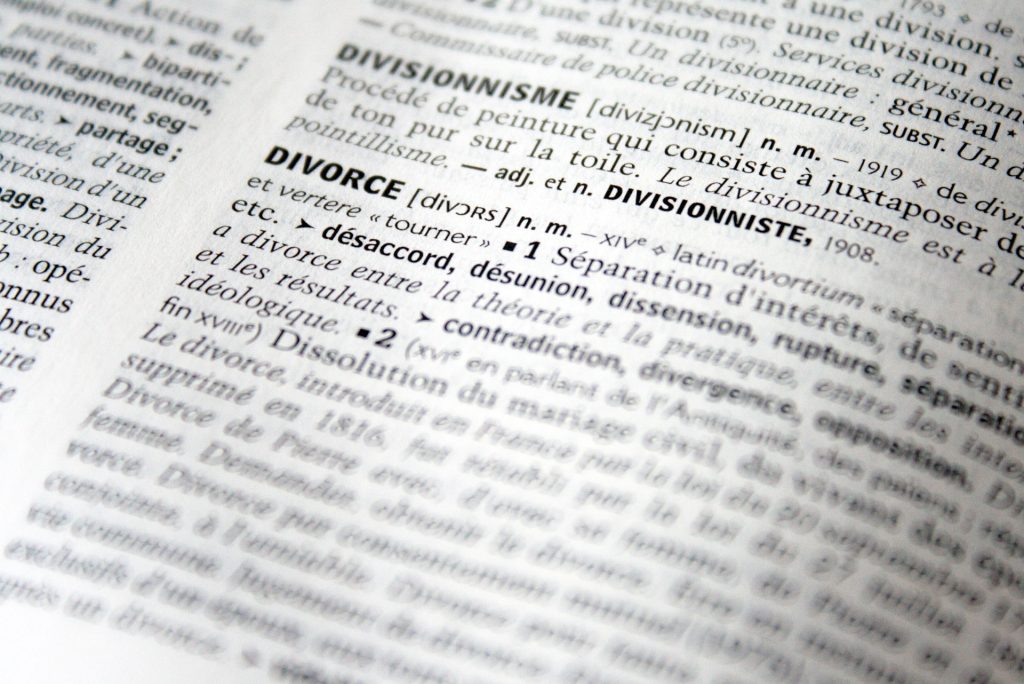July the 26th, 2023 – Nobody imagines the mess of divorce when they happily tie the knot, but reality and statistics are quick to remind us just how uncommon parting only at death actually is. Here’s how you can get divorced in Croatia when you have underage children in the picture.
First and foremost, much like in other countries, divorce in Croatia is initiated either through the filing of a joint petition for divorce by both marital partners (in the case of uncontested divorce), or via a lawsuit filed by one partner against the other. While this process is relatively straightforward when no children are involved, when underage kids are caught in the mess of your split, things can become a bit more complicated, as you might imagine.
Compulsory counselling in the case of underage kids

While remaining together for the sake of the children is certainly not always for the best, in Croatia, marital spouses who share underage children have to apply to the Croatian Social Welfare Institute to undergo compulsory counselling before they are given the green light to file a petition for divorce with the court.
While this is part of it, this type of counselling isn’t solely done with the purpose of keeping the family together for the sake of the children involved, as gov.hr explains. The purpose of compulsory counselling in this case is to familiarise both of the marital spouses with the option of first starting family or marital counselling should they so wish. This is aimed at highlighting legal and psycho-social consequences of divorcing, as well as the impact on child welfare. It’s also done so that the parties may develop a proper parenting plan.
Family mediation

If the marital spouses fail to come up with a proper parenting plan in the course of said compulsory counselling, then they’ll also have to attend what’s known as a family mediation session. The exception to this general rule is when allegations of domestic violence have been made. Family mediation is carried out by the Family Centre.
What is a parenting plan in the Croatian sense?
When getting a divorce in Croatia when underage children are in the picture, a parenting plan is classed as a written agreement in which both parents agree to share custody after their cohabitation ceases. A parenting plan includes:
The child’s place and address of residence
The amount of time the child is going to spend with each parent
The method of exchange of information regarding giving approval and consent when making decisions important for the child
The method of exchange of important information about the child
Child support payment amounts
The method in which future disputable issues are set to be resolved
Any and all other issues considered important for the child in specific situations and cases
Upon court approval, these plans become enforceable

This type of parenting plan becomes an enforceable document once it is approved and certified by the court. Shared custody can also be regulated by a court decision based on the agreement which the parents getting a divorce in Croatia reached in the course of the proceedings held before the court.
If a parenting plan can’t be agreed upon, the court decides on custody arrangements
If no agreement is reached by the parties getting a divorce in Croatia, the court decides on the custody arrangements itself. If the parents cannot come to this decision and the court is forced to do so, the opinions of either the child or children are taken into account, and the court appoints a special guardian for the child or children. This guardian will represent the child or children when in court, and they are free to request an expert opinion from a social welfare centre or a court expert witness should that be necessary.











